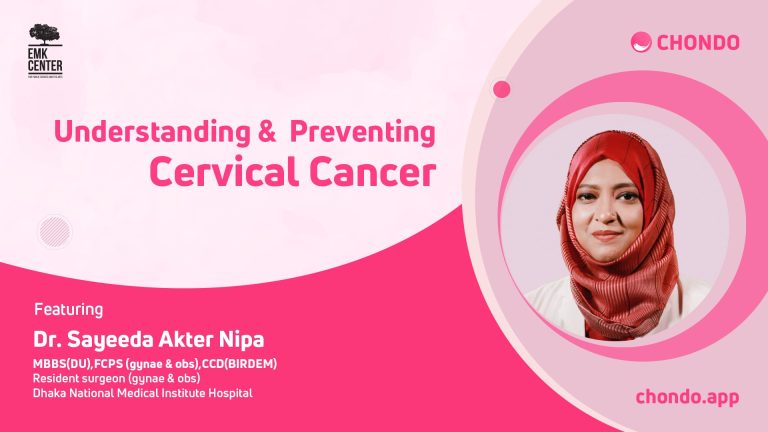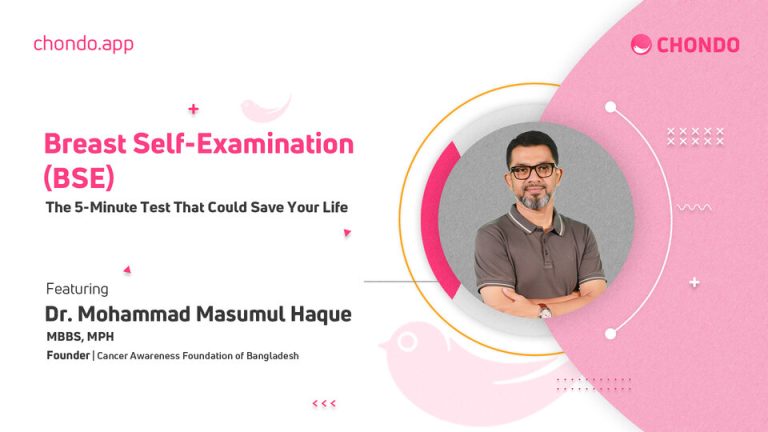How Periods Affect Your Mental Health: A Guide to Understanding and Managing PMS and PMDD
Sandha Mukharji had finished singing. Krishnakumar’s “one day the bird will fly away” is playing now. Tupur was sitting idly and listening. Suddenly her body started feeling uncomfortable. She was a stranger to abdomen pain. And then she realised her bottom half was wet. She looked around. The gossiping wives, the playing children’s faces all became blurred to her. As soon as an intense fear captured her, she screamed and ran towards the door. Hearing the scream, her father, Shamrendronath, looked at his daughter and became shocked. Krishna was in the kitchen. Her daughter’s yell reached her ear’s as well. Running out of the kitchen, she saw her daughter standing oddly and her eyes went to Tupur’s legs. Tupur’s grandmother, Saudamoni said with a hint of annoyance, “Put down a sack in the pantry. Let her sit there for now. Otherwise she will go around touching everything”.
The above extract is Tupur’s story from Shamresh Majumder’s novel, “Agnirath”. The novel highlights her first period and the taboo that came with it.
Period is an inevitable part of women’s life. The woman’s body prepares every month for pregnancy. If pregnancy does not take place, period will happen. During period, there are many mental changes alongside physical ones.
Even though period is a natural occurence, people hesitate to talk about it. Furthermore, it is not unknown that mental health has always been a neglected topic. Menstruation and mental health have a deep connection. Doctors say that period pain is equal to heart attack pain. During this time, we face mental symptoms alongside physical ones. Such as-
1. Sadness or frequent crying
2. Irritation
3. Feeling sensitive
4. Loss of appetite
5. Trouble sleeping
6. Overthinking and more
Moreover, mood swing is a common symptom of period. Before the period begins, many women go through mental changes which fluctuates quite rapidly. During this time of the month, some people feel uncomfortable, angry, irritated and even mentally broken. These symptoms are commonly known as Pre-Menstrual Symptoms or symptoms that show up before period happens. It is more known as PMS.
PMS:
PMS symptoms including mood swings are thought to be caused by female reproductive hormones according to doctors. The menstrual cycle can be divided into four phases. During the last phase (Luteinizing phase) women experience PMS. After this phase, a period or a new cycle starts. Every month the female reproductive hormones are secreted in different amounts. Once one period ends, the female hormone estrogen starts increasing gradually. It reaches peak after 14-15 days. This is called Ovulation. The hormone starts going down after this phase. After the next period starts, it starts increasing slowly again. This fluctuation of estrogen affects women’s mental health and creates PMS problems.
Some researches have shown that female reproductive hormones (estrogen and progesterone) can negatively impact mood by decreasing certain brain chemicals, out of which serotonin is the most significant. Doctors feel that more research needs to be done on this topic. Low serotonin causes frustration, depression, and restlessness. Physical and mental symptoms of period differ from woman to woman. Most experience abdominal cramps, loss of appetite, uncomfortableness, headaches, etc. which indicates them that period is coming. On the other hand, progesterone hormone has influence on estrogen hormone. If the level of this hormone falls, period becomes absent or irregular. Some may start showing PCOS symptoms. In such cases, many physical and mental changes including mood swings is seen.
How To Tell If You’re Having Mood Swings?
You become angry at small things, cannot handle situations calmly and get fired up, cannot concentrate, overthinking, and more are symptoms of mood swings.
Becoming Sad:
If your mind feels heavy during a certain period every month and previous worries unconsciously frustrates you suddenly, you are experiencing mood swings. Not only estrogen and progesterone, but also serotonin decreases during this time and make you sad.
Crying Frequently:
Another common occurence of PMS. If small things make you feel sad and makes you cry, it can be considered a symptom of mood swings.
Anxiety:
Experiencing sudden thoughts of “I am good for nothing” and loss of confidence. Even if you feel such frustrations during most of the day, it can be considered a PMS symptom.
Depression:
Feeling easily tired, lack of interest, and more are symptoms of mood swings.
PMDD:
A severe form of PMS is called Premenstrual Dysphoric Disorder (PMDD). It is also considered as a mental illness.
Compared to PMS, PMDD creates a huge mental pressure on the individual. It begins a week or two before period starts.
Women suffering from PMDD struggle with at least one prominent emotional and behavioural symptom. In order to diagnose PMDD in an individual, they must possess five or more symptoms given below:
1. Sadness/ Hopelessness
2. Irritability or anger
3. Lack of concentration
4. Refusing to do a task second time (Anxiety/ Tension)
5. Extreme Moodiness
6. Increase in appetite
7. Either insomnia or deep sleepiness
8. Unexpected sudden deep feelings
Serotonin
Serotonin controls our sleep, mood, and pain. Many researches have shown that just like PMS, PMDD is also connected to decreased level of PMDD. Serotonin helps to transmit nerve signals of brain. But when serotonin becomes low, this system gets hampered. This triggers PMS in women which can turn into PMDD. In such cases, some environmental and genetic risk factors are at play. Such as increased hormonal sensitivity due to genetic variation. Therefore, PMDD inceases chnaces of depression and anxiety.
Besides these, facing physical abuse, domestic violence or rifts, relationship problems, etc. during menstruation impacts mental health negatively. This influences PMDD symptoms and intensifies mental illness risks.
Another research has shown that period symptoms can trigger OCD symptoms. During premenstrual phase (the six days before menstruation starts) or the first few days of the period, the estrogen levels can cause OCD symptoms to show off. In rare cases, some people may start exhibiting ‘Hair Pulling Disorder.
Mental Risk Factors Which Can be Set-Off
Depression
OCD
Low Self- Esteem
Anxiety
Eating Disorder
Body Dysmorphic Disorder
PTSD (Post-Traumatic Stress Disorder)
How to Take Care of Yourself Mentally During This Time:
Because of PMS, sometimes you may feel that period is taking away your life force and making everything tangled. Women face many physical and mental complications during this time. Here are some small tips on how to maintain mental health alongside physical health and hygiene.
Breathing Exercise:
Everyday we inhale and exhale air involuntarily. But if we take some time to concentrate on the inhale-exhale process and do depp breathing or practice it, it can become a game changer for our lives. This breathing exercise can help to decrease pressure, decrease frustration, calm the mind, and ease the pain.
Calming Yourself Down and Listening to Favourite Sounds:
Sometimes during period, we feel asocial but also feel that someone should understand our feelings. Listening to favourite audiobooks or podcast during this time can help to stop overthinking. Comparing audiobooks to chatting with loved ones or friends may not be right but listening to such media can give you new perspectives on other people’s thinking, feelings, and experiences which can help to improve your mental health.
Sharing Thoughts with Someone:
Naturally we feel quite down while menstruating. We crave different types of comfort since hormone creates various emotions during different times within us. Which is why different types thoughts circle around our mind. If we could share these thoughts with someone trustworthy, we can feel comfortable. Sharing helps people to feel happy and safe.
Light Exercise:
Walking in a place you like can make brain chemicals increase your mood. Some yoga poses are safe for period and helps your reproductive organs as well. Moreover, yoga helps to lessen cramp pain.
Journaling and Practicing Mindfulness:
Journaling is writing down your thoughts and feeling from your mind to paper. How you are feeling, which topics are making you worry, what tasks you have done today, and more can be written down. This can help to clear your feelings and help you to understand yourself.
Similarly mindfulness can help you to remain present and make you feel more lively. It can also improve your concentration, release stress, lower anxiety, and fix your sleeping cycle.
If you see any symptoms that is influencing you or people around you and you are facing challenges completing your daily tasks, you should see a psychologist as soon as possible. Don’t neglect daily counselling or psychotherapy.
Download Chondo App
Track your period and get notified.
Download
Beta







